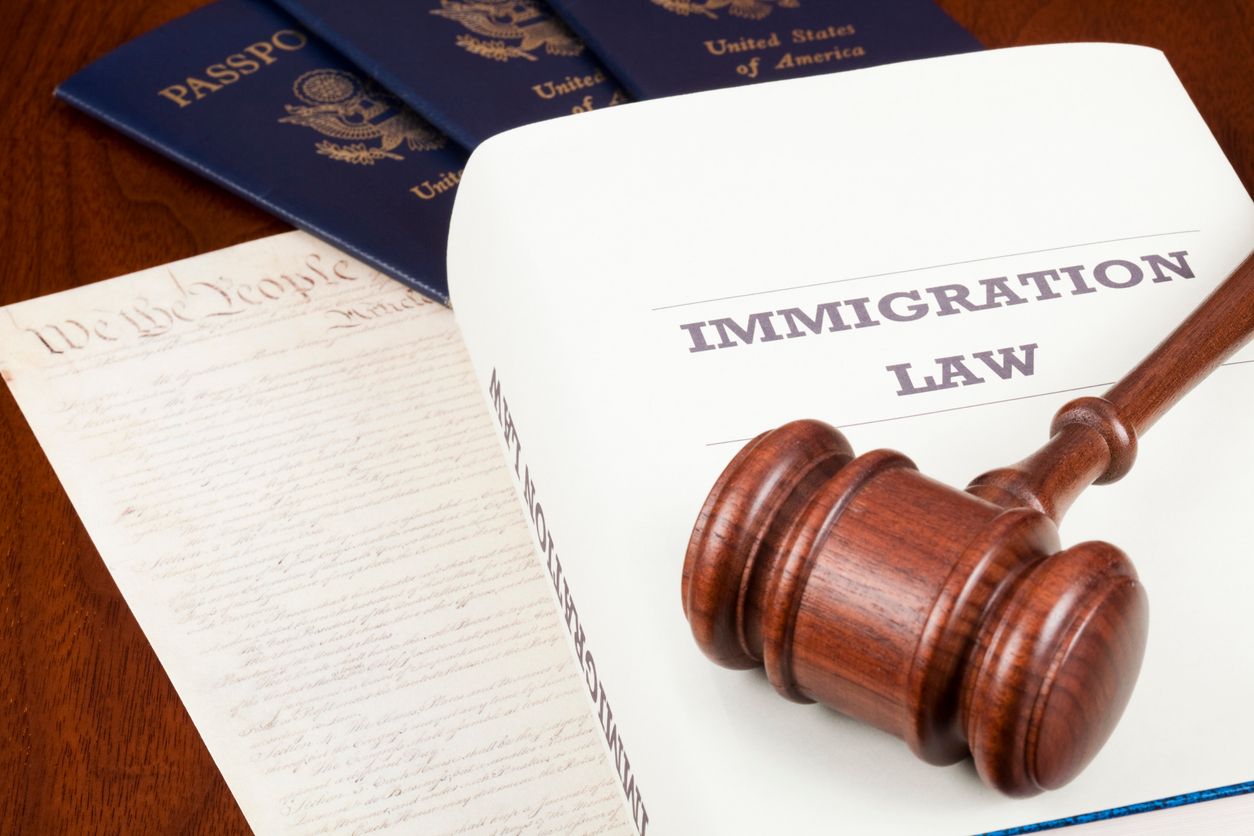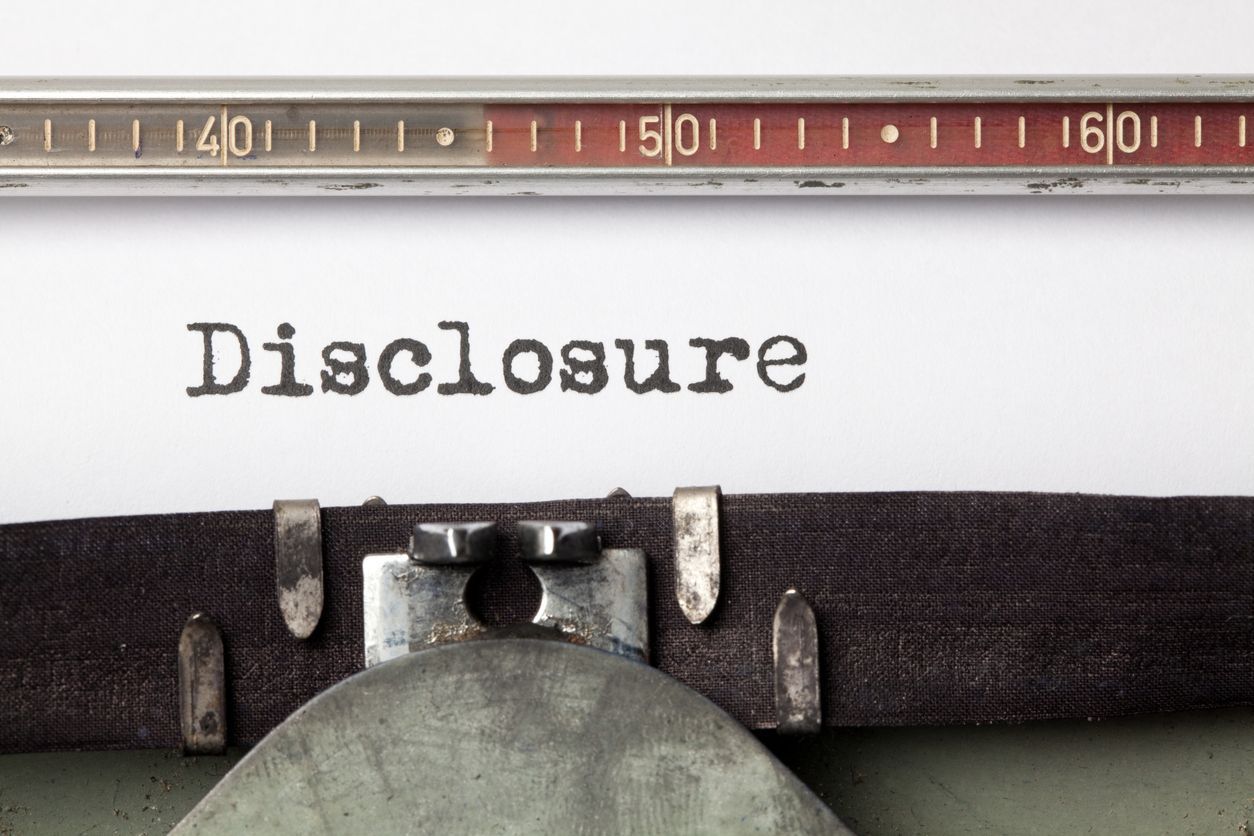Company to pay $80k under Consent Decree Ending Disability Discriminatoin Suit
CHICAGO – The federal district court in Chicago has entered a consent decree requiring Professional Freezing Services, LLC, a Southwest Side Chicago provider of logistical services to the refrigerated and frozen food markets, to pay $80,000 and provide other relief in order to resolve a disability discrimination lawsuit brought by the U.S. Equal Employment Opportunity Commission (EEOC), the agency announced today. In its lawsuit, the EEOC charged that Professional Freezing, which operates a largely refrigerated 165,000-square-foot facility near the intersection of the Stevenson Expressway and South Cicero Avenue, violated the Americans with Disability Act (ADA) when it refused to hire William Harvel because he had prostate cancer. A former employee later testified under oath at his deposition that he had heard company owner Edward Gryzwacz make derogatory statements about Harvel and his disability, including that he could not hire Harvel because he had cancer, and, in a best-case scenario, would end up wearing diapers.” Such alleged conduct violates the ADA. The EEOC filed suit (EEOC v. Professional Freezing Services, LLC, N.D. Ill. No. 04183) June 5, 2013 in U.S. District Court for the Northern District of Illinois after first attempting to reach a pre-litigation settlement through its conciliation process. The case was originally assigned to District Judge Ruben Castillo. The consent decree ending the case was signed by U.S. Magistrate Judge Susan Cox on April 15, 2014. In addition to requiring the company to make the $80,000 payment to Harvel, the two-year consent decree enjoins the company from engaging in any practice in the future that discriminates on the basis of disability, including refusing to hire qualified individuals because their disabilities, and it bars retaliation against individuals asserting their rights under the ADA. The decree also requires Professional Freezing to provide training to all employees, including Gryzwacz, regarding its obligations under the ADA with respect to the hiring of individuals with disabilities; to submit periodic reports to the EEOC about any complaints of disability discrimination; and to post a notice regarding the outcome of the lawsuit on its employee bulletin board for two years.















